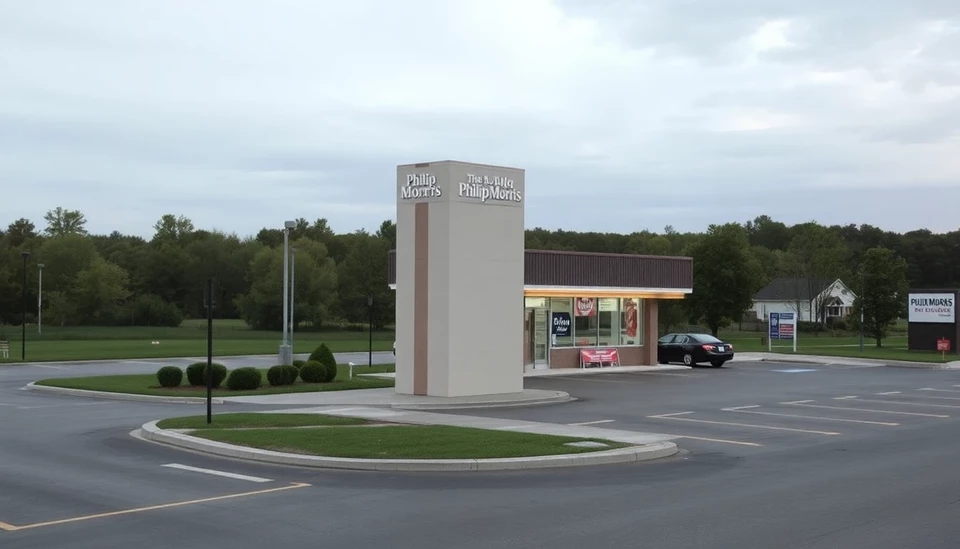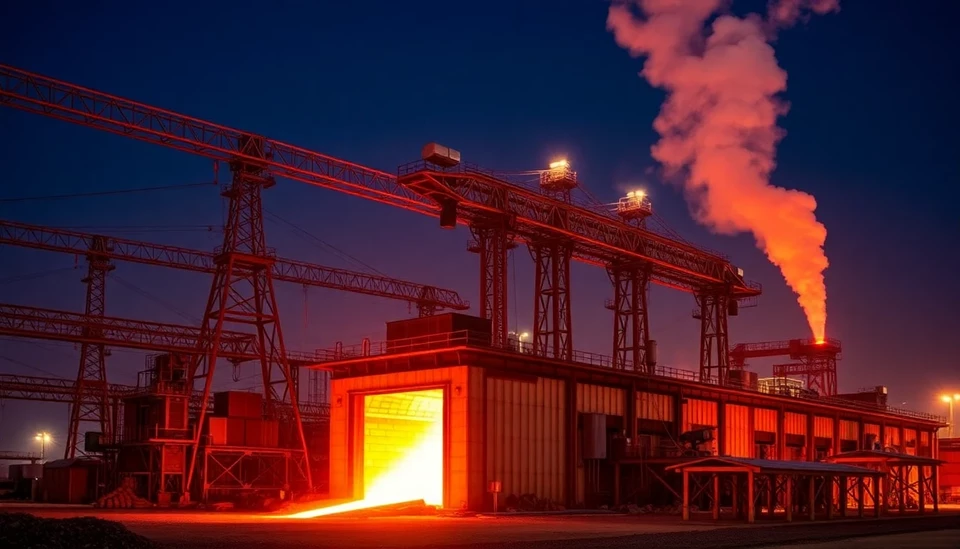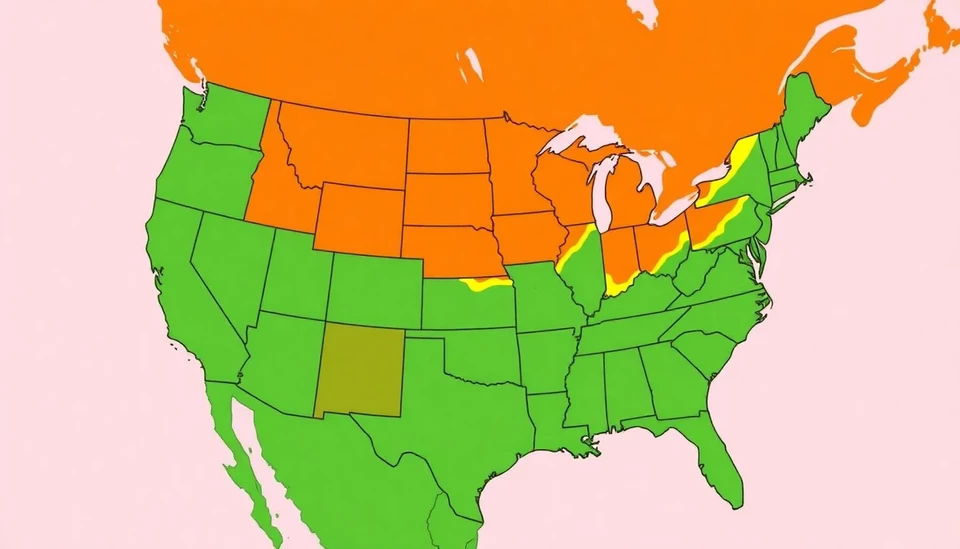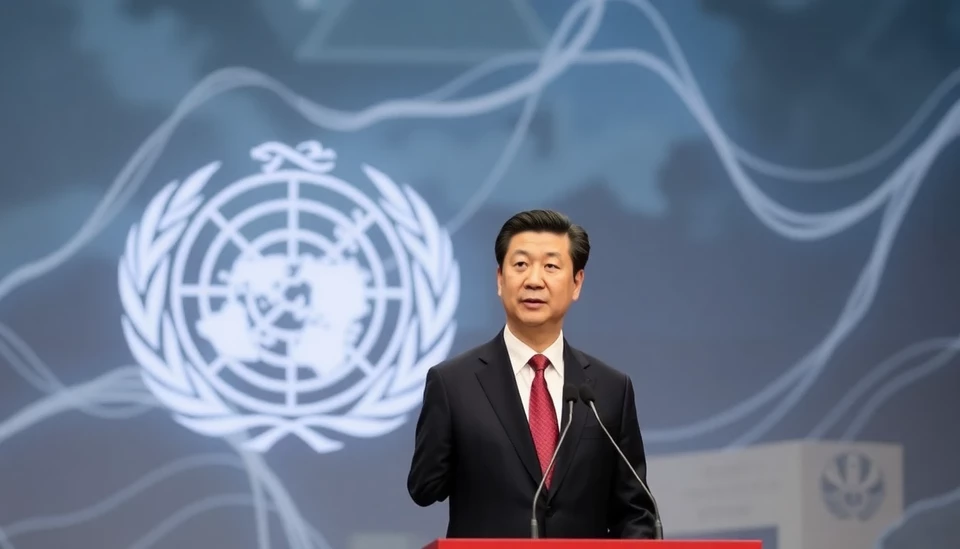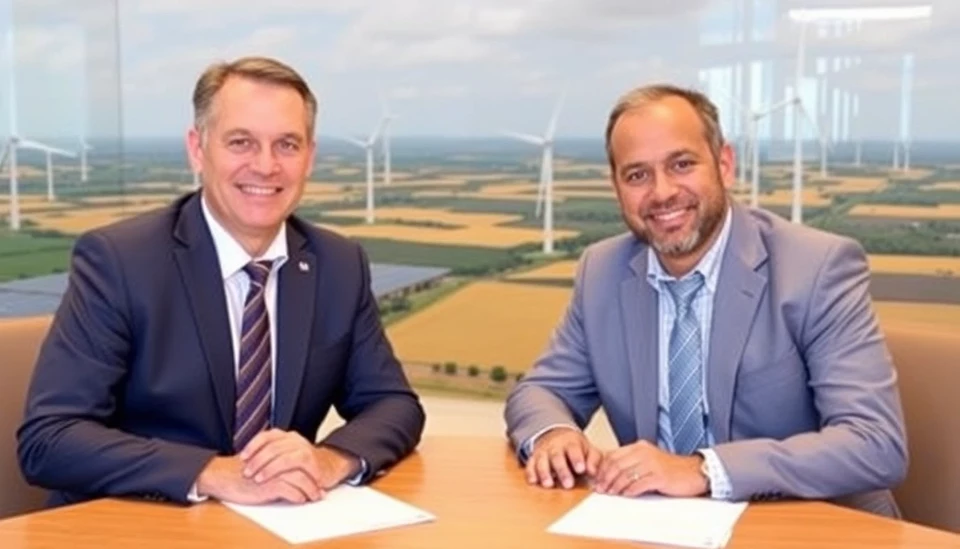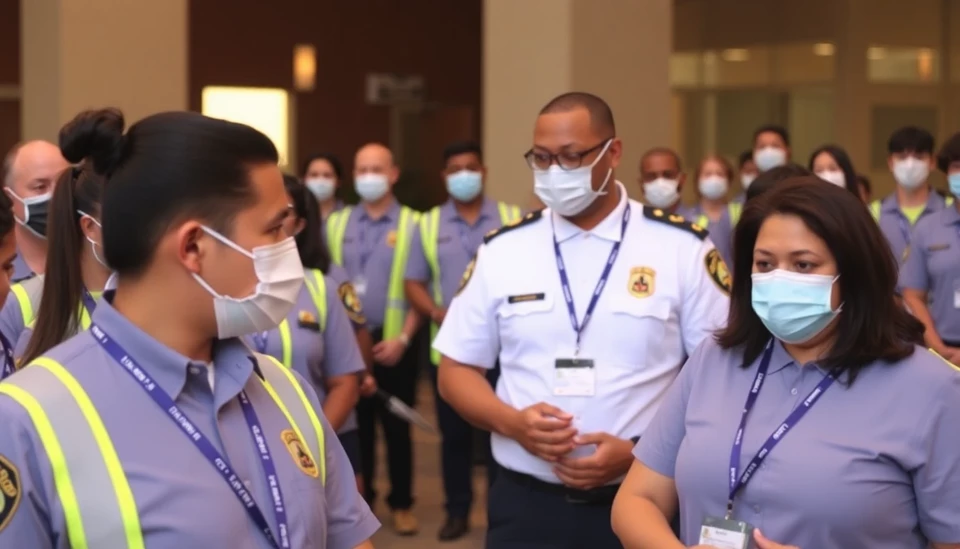
As cities around the globe gear up for the annual Conference of the Parties (COP), a pivotal climate change summit, the host city faces unique challenges that intertwine local governance, community concerns, and environmental advocacy. This year's event is set against a backdrop of heightened urgency as countries strive to meet ambitious climate goals.
The upcoming COP is not just a platform for world leaders to discuss pressing environmental issues; it is also an opportunity for the host city to showcase its own sustainability initiatives. However, the realities on the ground reveal a complex interplay between aspirations and local frustrations. Many residents remain skeptical about the tangible benefits that such a high-profile event will bring to their community.
Concerns range from the potential disruptions caused by an influx of delegates, media, and security personnel to the wider implications of the conference on the city's infrastructure and services. Local activists have expressed disappointment over the perceived lack of engagement from policymakers in addressing these issues. They emphasize the need for genuine dialogue and collaboration in order to achieve meaningful environmental progress.
In addition to logistical challenges, the city is grappling with its own environmental issues, including rising pollution levels and inadequate public transportation. Activist groups have called for the government to prioritize local concerns in the lead-up to the conference, suggesting that hosting COP should also mean taking bold actions to address the city’s own environmental footprint.
Despite these challenges, there is a palpable sense of hope among some residents, especially young activists who view the COP as a chance to amplify their voices. They are mobilizing community engagement efforts, aiming to ensure that the conversation at COP reflects the realities faced by those living in the city. This grassroots activism could potentially shift the narrative, encouraging governments to adopt more stringent measures in their climate policies.
As excitement builds for the conference, local businesses are also looking to capitalize on the influx of visitors. Restaurants, hotels, and tour operators are gearing up to provide unique experiences that highlight the city’s cultural and environmental offerings. However, there is a lingering debate over how much of this economic boost will cascade into long-term benefits for the residents.
Amidst all the discussions surrounding COP, one crucial aspect remains clear: the balance between global commitments and local actions is vital. The host city's way forward must prioritize its own community’s needs while tackling the global climate crisis. As the COP nears, all eyes will be on how effectively the city can address these nuanced challenges and act as a model for sustainable urban development.
The COP is a significant moment on the global climate agenda, but it is also a critical time for the host city to reflect on its commitments and the feedback it receives from its own citizens. Genuine progress in climate action lies not only in high-level discussions but also in local actions that lead to real changes in communities.
As this pivotal event approaches, the reflections, aspirations, and concerns of the host city's residents will be central to the narrative of the conference, reminding leaders that the fight against climate change begins at home.
#COP #ClimateConference #Sustainability #LocalVoices #EnvironmentalJustice #Activism #CommunityEngagement
Author: Sophie Bennett
